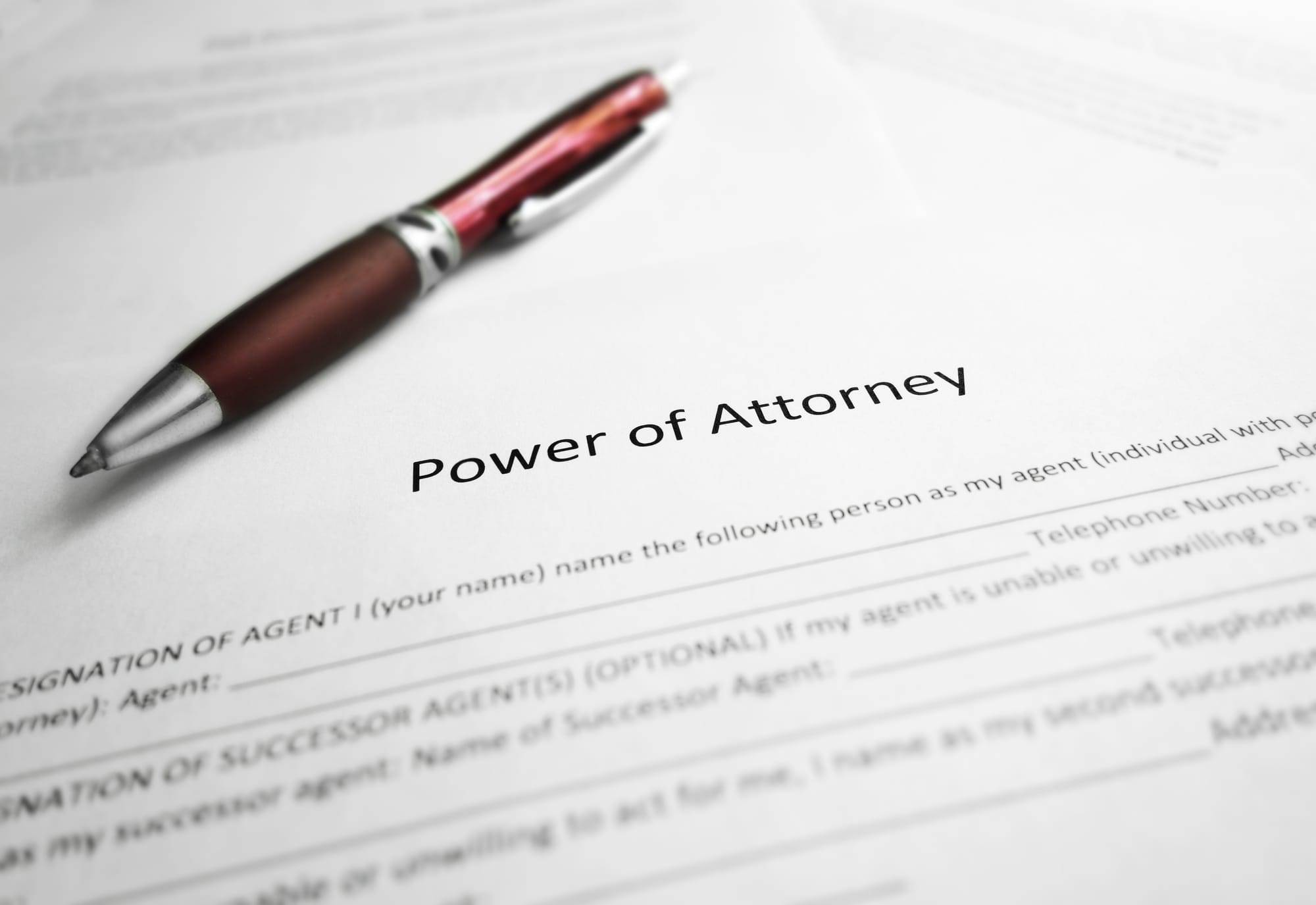Powers Of Attorney (POA)

Many people have heard of Lasting Powers of Attorney (LPAs), though few realise there are five main types of POA.
- Health & Welfare (H&W LPA)
- Property & Financial Affairs (P&F LPA)
- General Power Of Attorney (GPA) (also called Ordinary Power Of Attorney)
- Enduring Power Of Attorney (EPA)
- Business LPA (BLPA) (Also known as commercial LPA)
🌿 Importance: A Power of Attorney is as crucial as a Will. Having both documents in place is important to ensure your wishes are respected during your lifetime with a POA and after passing with a Will. A POA gives a trusted person the legal right to handle your affairs and estate if you lose your ability.
🌿 How LPAs help: LPAs help if you lose your ability to look after yourself due to an accident, illness or ageing, whether permanently, temporarily or occasionally. LPAs also prevent the need for expensive, complicated and time-consuming applications to the Court Of Protection or equivalent.
🌿 Have a will already: The Lasting part of LPA is until the donor passes away. Therefore, the Will has no authority while you are alive, and the LPA has no authority when you pass away. The Will, Trust and LPA are the best combination for most people.
🌿 Health & Welfare LPA: Allows your “attorney” to decide about your health and care if you lose mental capacity. These decisions include medical treatment, living arrangements, and daily care. It’s essential for planning, especially if you want to ensure your preferences are followed even when you cannot express them yourself. It gives relatives a more significant say in medical treatments rather than always being overruled by doctors.
- Day-to-day decisions on your clothing and daily care.
- Represent your best interests for exercise, outdoor time and dietary requirements.
- Arrange medical, dental and optical appointments for you.
- Consent or decline life-sustaining treatment or other medical treatments.
- Relocation into a care home, sheltered accommodation or in-home care.
🌿 Property and Financial Affairs LPA: This allows your attorney to handle your financial and property affairs. Your attorney can manage your bank accounts, pay bills, sell property, and make other financial decisions on your behalf. It’s beneficial when you need assistance due to illness, disability, or other circumstances. The LPA helps unlock money in the bank, pay bills or speak with utility companies. The donor can restrict the rights the attorneys have under the “instructions” section of the LPA form.
- Managing bank accounts and savings.
- Paying bills and modest Christmas and birthday presents for family.
- Collecting income and welfare benefits
- Making decisions concerning the home such as mortgage, rent, expenses and repairs.
- Selling the home or buying a more suitable one.
- Managing investments with the help of a financial advisor if required.
🌿 General Power Of Attorney GPA: Also known as an Ordinary Power Of Attorney. Are you looking for someone to help you manage your finances, even though you have the capacity to do it yourself? An attorney can assist you with paying bills and communicating with banks or post offices. It is surprising how many people, including business owners, are unaware of the availability of these simple and very affordable documents. A General Power of Attorney (GPA) is a legally binding document similar to a Property and Finance Lasting Power of Attorney (LPA). However, unlike an LPA, a GPA takes effect immediately after it is signed and does not require any registration process. It remains valid until a specified end date, it is revoked, the donor's death or loss of capacity. This document can also be helpful if you are in business, abroad, or recovering from surgery and need someone to handle your affairs temporarily. Business partnerships use them for when one partner refuses to speak with others and uses an intermediary with a GPA. We saw an increase in the use of GPAs during the COVID-19 pandemic to help people who were incapacitated or self-isolating. A GPA can support a P&F LPA during the 20-week registration process. Use a GPA whilst you have capacity and an LPA for when you don't.
Consideration: GPAs are far less common. Though legally valid, their ease of set-up means some institutions ask for a backup in the form of the document being notarised. This is a very simple process, and Fern Wills can introduce you to local notaries.
Enduring Power Of Attorney EPA: This was replaced by Lasting Power of Attorney but is still valid if made before October 1, 2007.
🌿 Business/Commercial BLPA /GPA: Want to keep your business "open for business"? A business/commercial LPA (or GPA) gives restricted authority for attorneys to make decisions about your commercial activity. It is a separate document from any other LPA. A BLPA in its own form does not actually exist. It is a P&F LPA, but it ensures this LPA only deals with business decisions. For example, “My attorneys only have the authority to use my business accounts and make decisions relating to my business. They are not permitted to use my personal account or make decisions about my personal finances.”

🌿 You feel 100% now: That’s the perfect time. You can only give a power of attorney when you have the mental capacity. If you lose capacity suddenly due to an accident or illness, it will be too late. When you are very close to losing capacity, it can create a difficult conversation for your attorneys and other family members.

🌿 What about my good days? LPAs come into effect when you lose mental capacity. However, it’s essential to understand how it works, especially during your good days. On your good days, you retain the ability to make decisions about your health and care. Your attorney’s role is limited to situations when you cannot make decisions yourself. Your attorney’s is dormant until you lose capacity. An LPA doesn’t restrict your decision-making abilities during good days. It serves as a safety net for times when you need assistance.
🌿 Can I complete an LPA myself for free? The short answer is yes. While you don't have to use a professional to create an LPA, it could prevent problems later on—especially if you're unsure of the process or your affairs are complex. You might find that the reassurance of having professional advice is worth it. If your DIY application is one of the 10,000 per month found with mistakes, the £82 per LPA could be lost, and the process may need to be started again; all the while, the donor is not covered by the LPA. Do it right because you are doing it for them...
🌿Can I use My POA abroad?
The document is only officially recognised in England and Wales, and some institutions require a separate notary authentication. Most countries do recognise the UK based powers of Attorney as they are members of the Hague Convention. For international recognition, an apostille is recommended. We have the contact details of a notary who can sign the documents for £125-£150 and get the apostille for a further £30 plus disbursements (postage, etc.). There is a fast-track service for an apostille that is £82 with a different provider if required.
🌿Still not sure? Watch the Martin Lewis video explaining powers of attorney or read this article from Age UK or finally the Fern Wills & LPAs Video


